The holidays are meant to be a jolly ol' time filled with fun, laughter, and joy, but it doesn't always work out that way. There's a lot of pressure that can come with this time of year, and sometimes that pressure can become too much to handle.
And when it gets to be too much, the holidays can turn us into different people and drive us to do or say things we normally wouldn't do or say. Well, no more of that! With these tips you'll be able to stave off—or at least reduce—holiday stress.
1. Plan Your Expenses
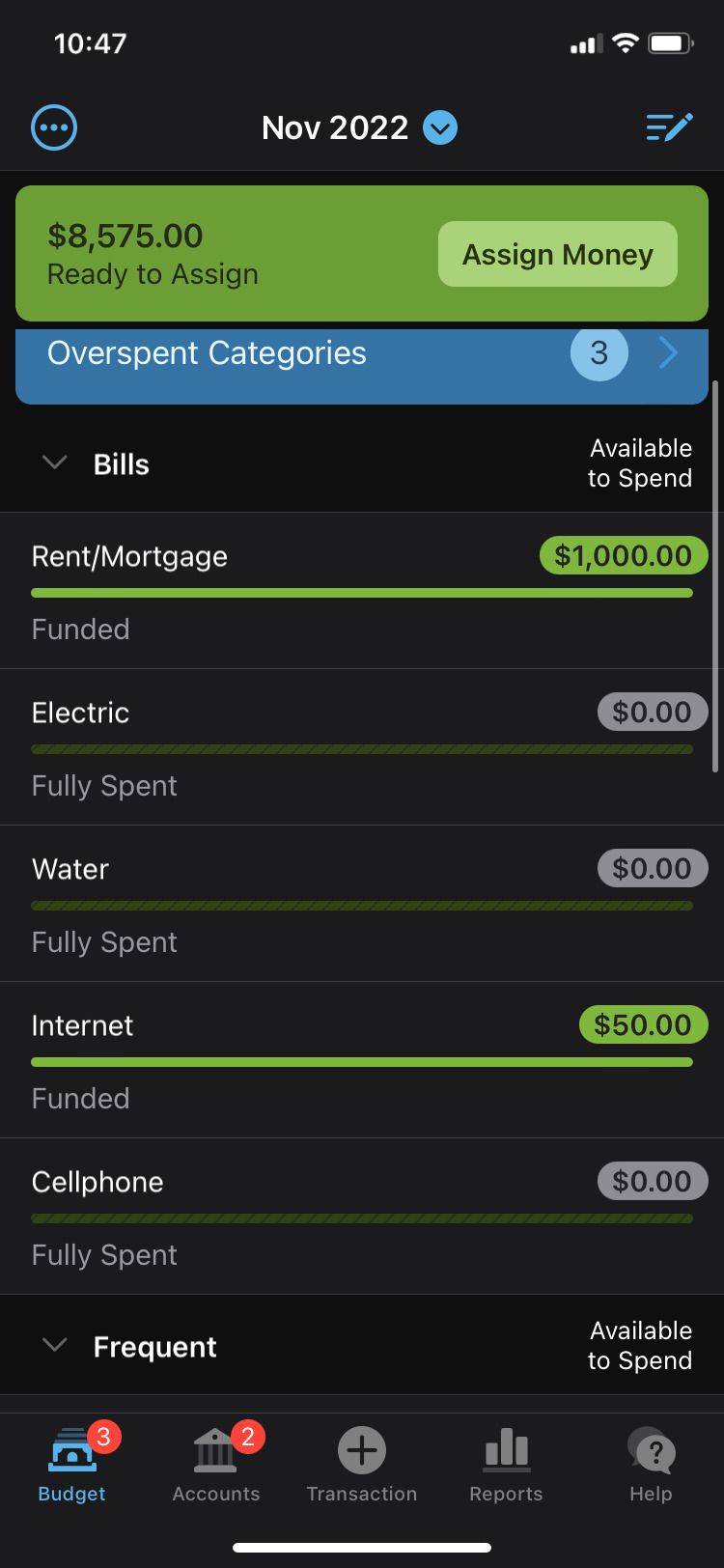
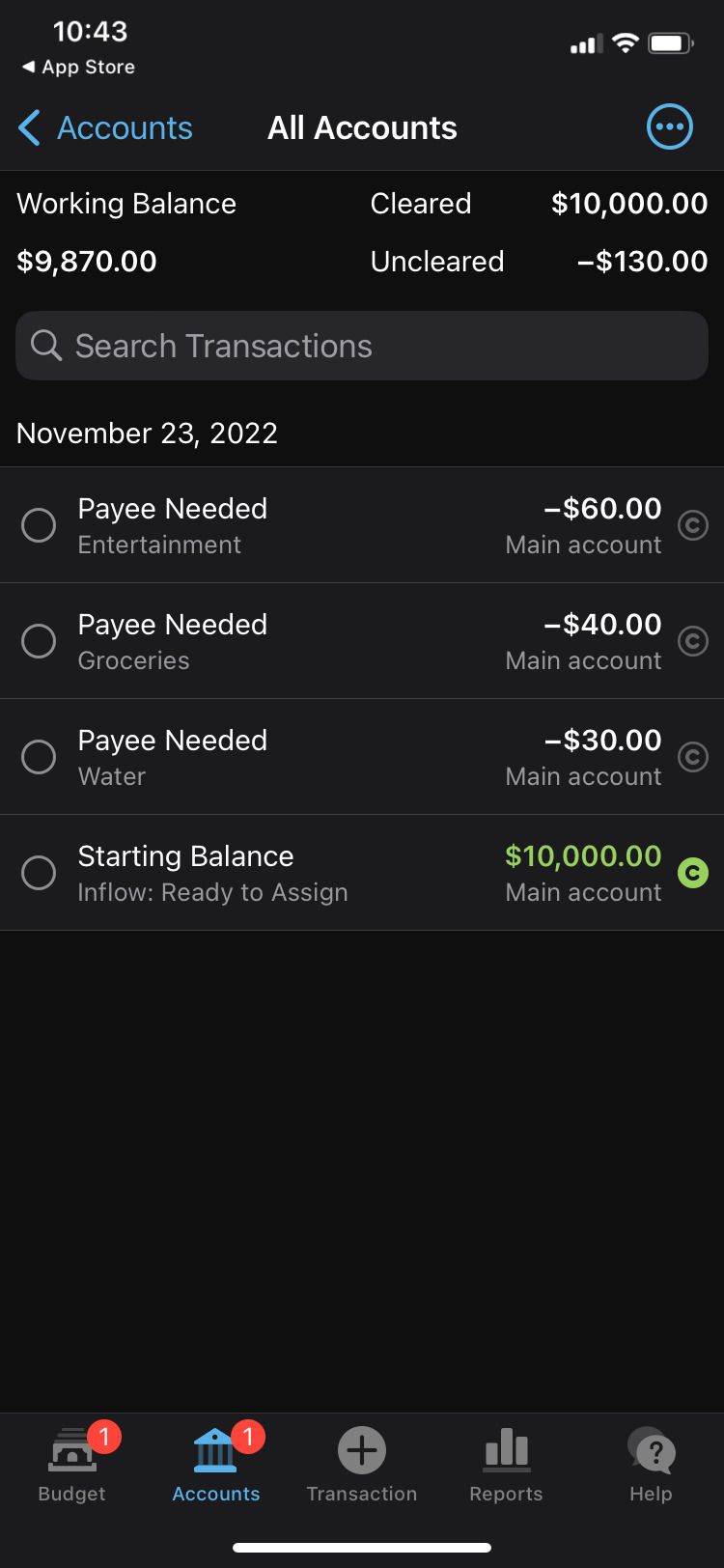
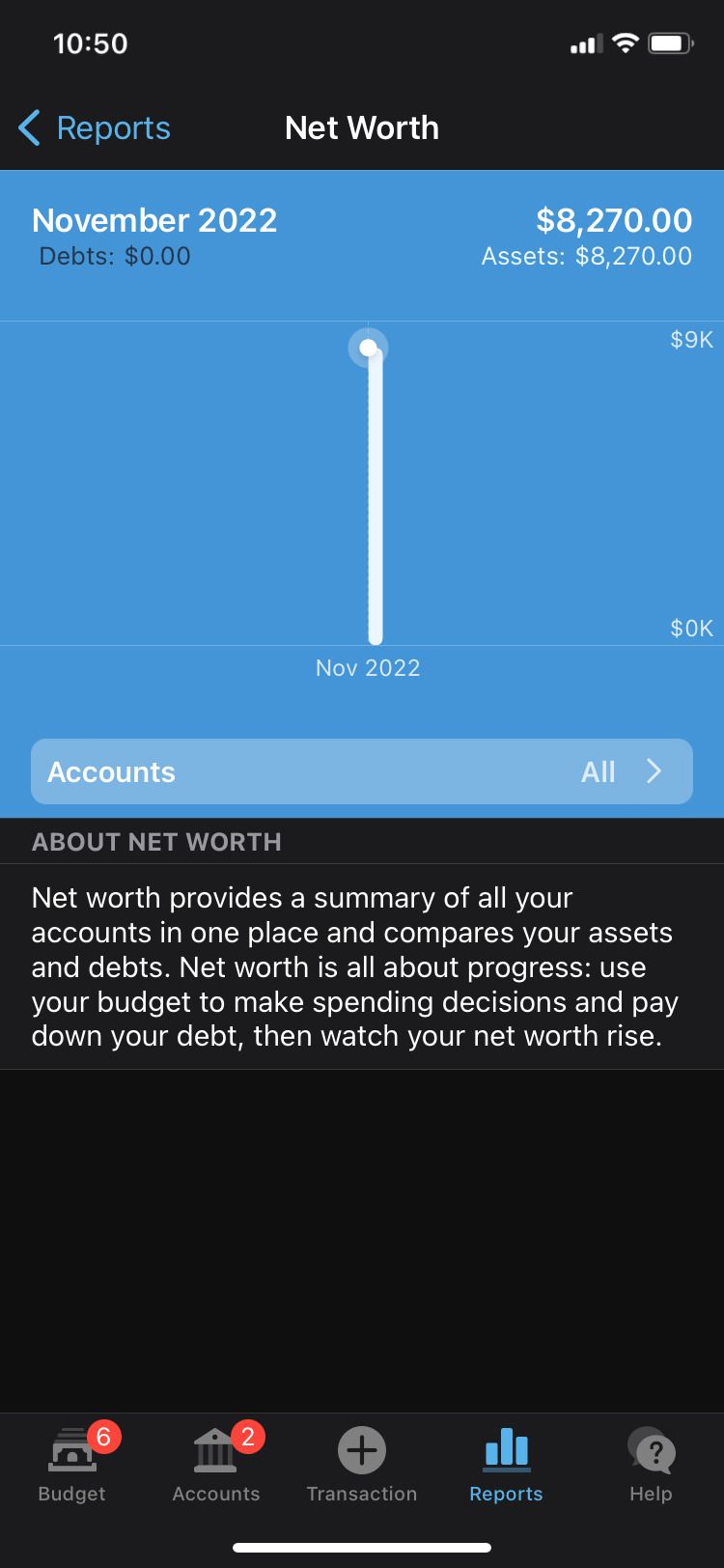
For many folks, the financial aspect of the holidays is a major stressor: the costs of throwing parties, the expectations of gift giving, the desire to go on vacation, etc. The most exciting time of year also happens to be the most expensive.
It can get to the point where you avoid logging onto your bank account because you're afraid of what you'll see. And the worst part is that the longer you avoid it, the more the stress grows.
So, tackle your finances head-on before they snowball out of control. You still have time before the holidays hit, which means you can use this time to plan ahead. Taking control of your finances is one of the most effective ways to eliminate uncertainty—and, let's be honest, it's the uncertainty that tends to be most stressful.
The key is budgeting, a term that isn't as scary as you think. All you have to do is estimate how much money you can set aside for the holidays, then allocate that money to all the things you want to do. It will be a grand relief knowing that all of it is accounted for and that you won't be going into debt for it.
Use one of these simple budgeting apps to make this as painless a process as possible. You won't regret it. In fact, apps like You Need a Budget (YNAB) are wildly popular: this one in particular has an average 4.8 rating out of over 41,000 reviews on the App Store. By assigning your funds to specific categories, it's easier to budget around rent, groceries, and even holiday shopping.
Download: You Need a Budget (YNAB) for iOS | Android (Subscription required, free trial available)
2. Use Google Reminders
Busyness is another major stressor during the holidays. You have so much stuff to do—plan parties, shop for gifts, fit events into your calendar, decide on trip itineraries, etc.—that you start feeling like you can't keep everything straight.
A to-do list is great for this! There are plenty of excellent to-do list apps available, including Success Weekly Planner and Meraki. If you're already an avid user of OneNote though, you should check out these useful tips for OneNote to-do lists.
But sometimes a to-do list app is too much. The process of adding new items to a list isn't always quick. What if you don't have the time to tap a million buttons to input a new item on your list? That's when you need Google Reminders for Google Assistant-compatible devices.
All you have to do is say "OK Google, remind me to [task] at [time]" and boom, the reminder is created. When the time comes around, your phone will notify you—and you'll be able to mark it as done or push it back an hour. It's so nifty, and it really comes in handy during busy seasons of life.
Speaking of Google, you can also create a better to-do list with Google Keep, the free note-taking app. The location-based reminders alone can be incredibly helpful for the holiday season, so you won't forget to pick up an extra roll of wrapping paper the next time you're out running errands.
3. Keep a Gratitude Journal
Imagine if someone told you that you could be a much happier person in just five minutes of effort per day. Would you believe them? Even if you're skeptical, wouldn't you at least give it a shot? Five minutes of effort is nothing compared to the possibility of greater happiness, right?
You can achieve that with a gratitude journal. Regular doses of gratitude can be an effective way to cope with stress and anxiety, and a gratitude journal is a great way to put that into practice.
Every day, jot down a few things for which you're grateful. They can be minor or major, it doesn't matter. Gratefulness is powerful either way. Start every day by reading some lines from the journal, and eventually you will start to see changes in the way you think.
OneNote can be a great tool for keeping gratitude notes, or you can download one of the top gratitude journaling apps. The Three Things Daily app makes the whole process incredibly simple and low-pressure.
For the holidays, you can even start a gratitude bowl. Members of your family should take a slip of paper, write something for which they're grateful, and add it to the bowl. Every night, read through them. Keep up this simple opportunity to improve your mental health to make the holidays a bit less stressful.
4. Practice Mindfulness
Mindfulness is the practice of letting go and focusing entirely on the present, neither bogged down by the past nor hindered by the future. It can be practiced meditatively, but it doesn't have to be. It is, at its core, a state of mind.
One thing that goes hand-in-hand with mindfulness is proper breathing techniques. Fast, shallow breathing can contribute to anxiety and stress while slow, deep breathing can help you relax—not just mentally but physiologically.
Stress-breaking physical activities can help too, such as relaxation yoga. You can combine all three together (mindfulness, breathing, yoga) at the start of your day, or even throughout the day, to wash away unnecessary stress during the holidays.
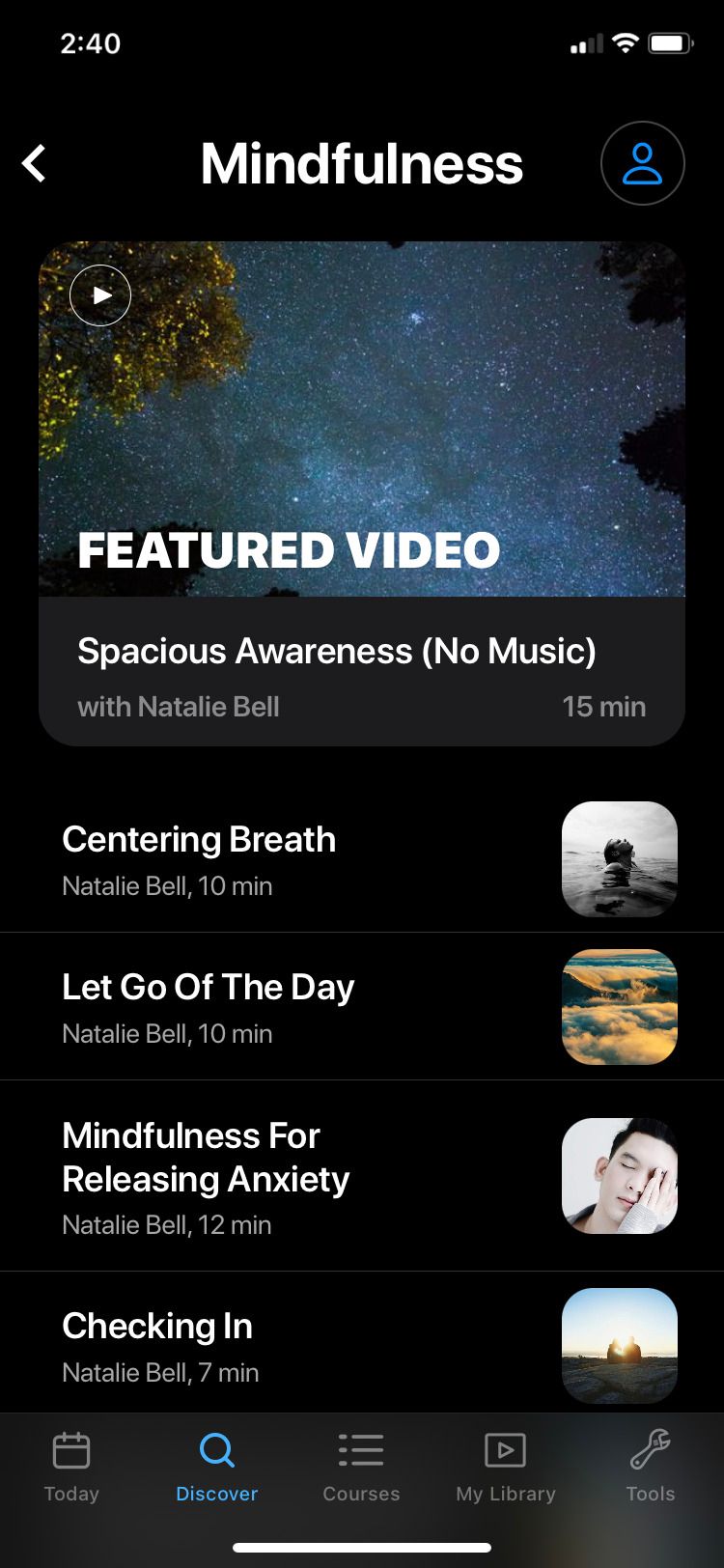
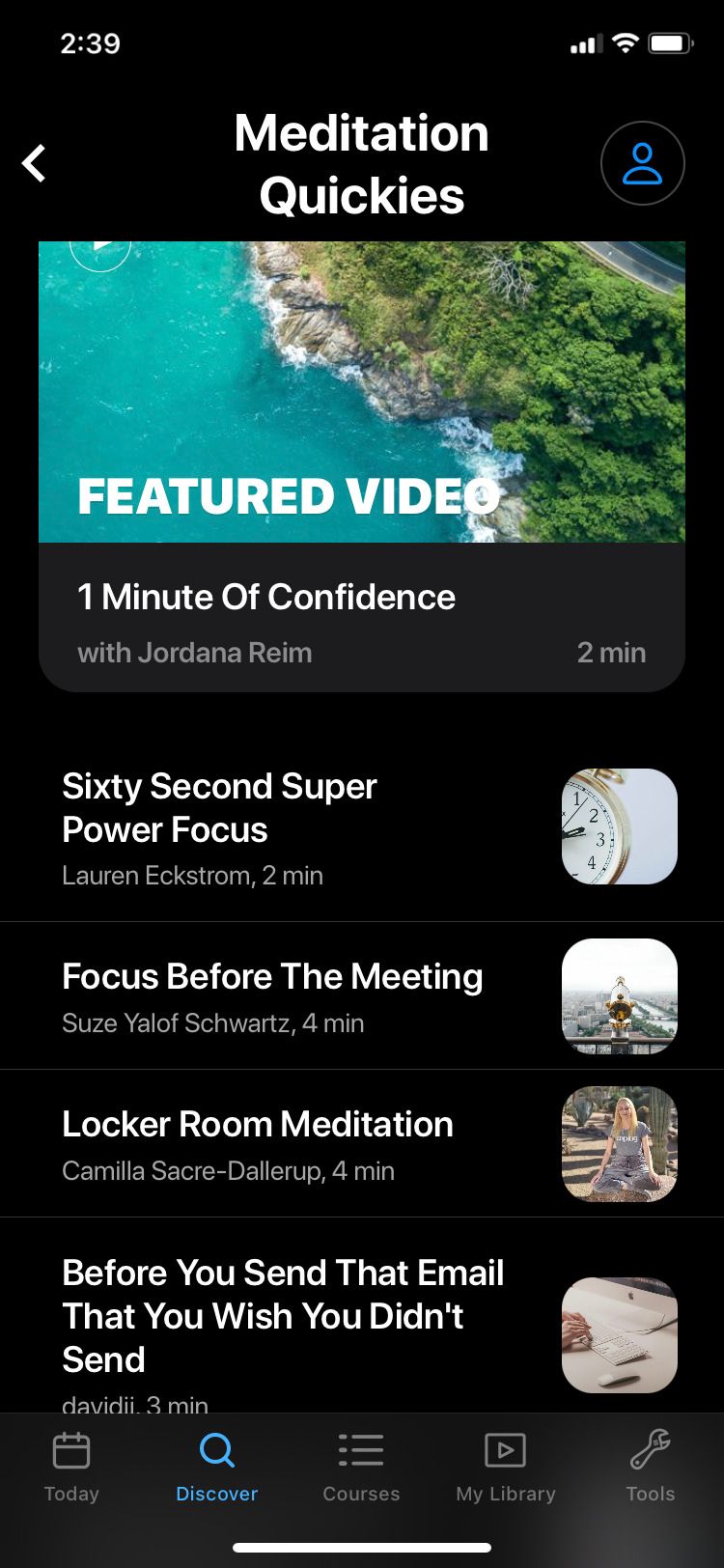
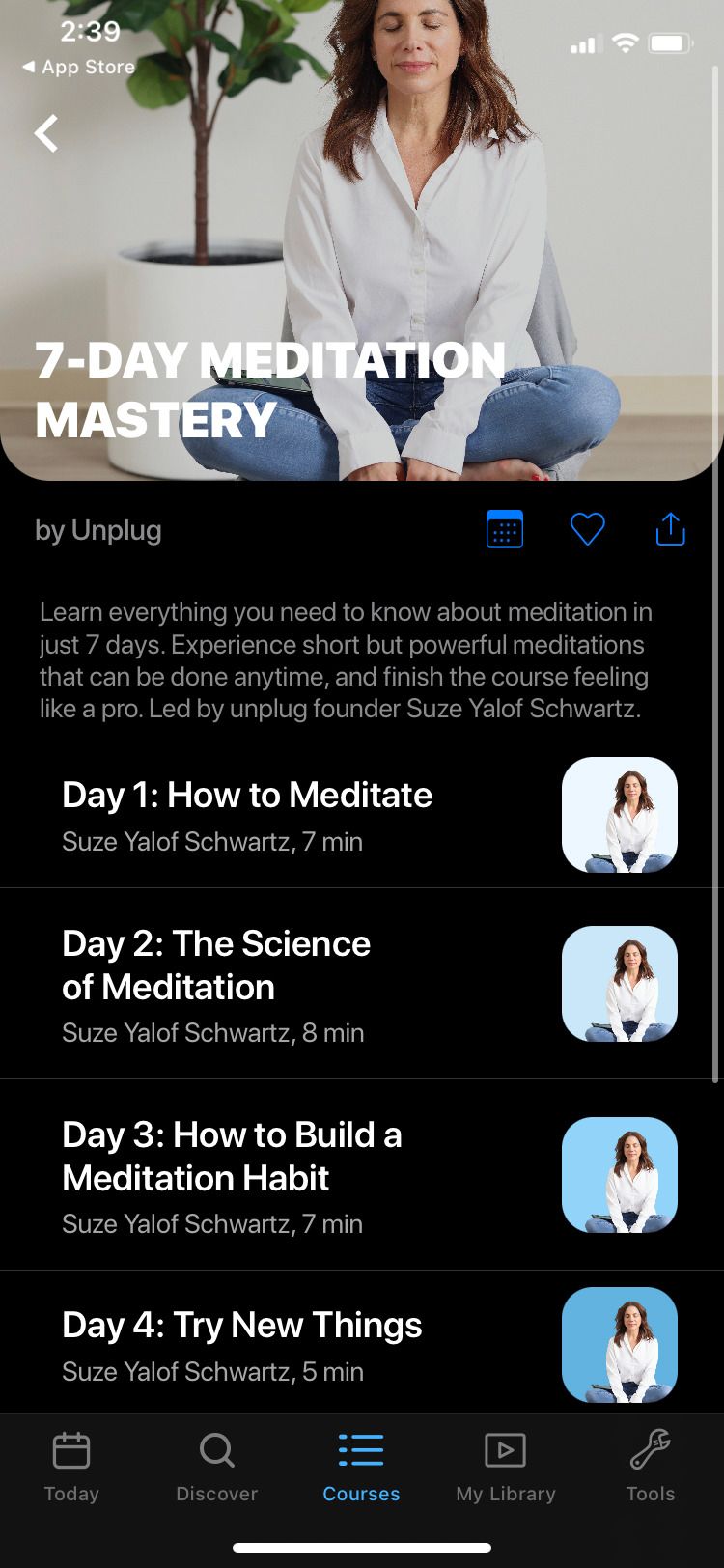
Get started with some meditation mobile apps, these calming apps to destress your mind, and a collection of beginner-friendly yoga videos on YouTube. The Unplug app, for instance, includes quick audio meditations you can use any time, as well as courses on everything from gratitude to more comprehensive meditation techniques.
Download: Unplug for iOS | Android (Free, subscription available)
Other elements of mindfulness include: staying in the moment during conversations, recognizing that perfection isn't necessary for a successful holiday, and being able to say no when you start to feel overwhelmed.
5. Be Aware of Seasonal Depression
There's a big difference between clinical depression and seasonal depression. Seasonal depression most often occurs during the winter months due to changes in weather and total amount of sunlight (though it can occur during other seasons for other reasons, too).
If you tend to experience big shifts in mood and mentality during the holidays, you may want to consider seasonal depression as a possible cause. Common symptoms may resemble burnout and include:
- Sad, anxious, or “empty” feelings
- Feelings of hopelessness or pessimism
- Irritability or restlessness
- Fatigue, oversleeping, or difficulty sleeping
- Loss of interest in activities you used to enjoy
Do not self-diagnose. Consult a medical professional! The good news is that seasonal depression can be treated, particularly with light therapy lamps. A simple lifestyle change like this could have a huge impact.
But don't neglect the impact of technology on mental health either. Excessive tech usage can exacerbate existing issues, and addictions to the internet, smartphones, social media, and video games can make the holidays harder than they need to be.
Face the Holidays with a Smile
The holiday season doesn't have to be a stressful time. It may feel that way, especially if past years have been disasters in some way or another. But with these tips, this year might just be the year you turn that around.

